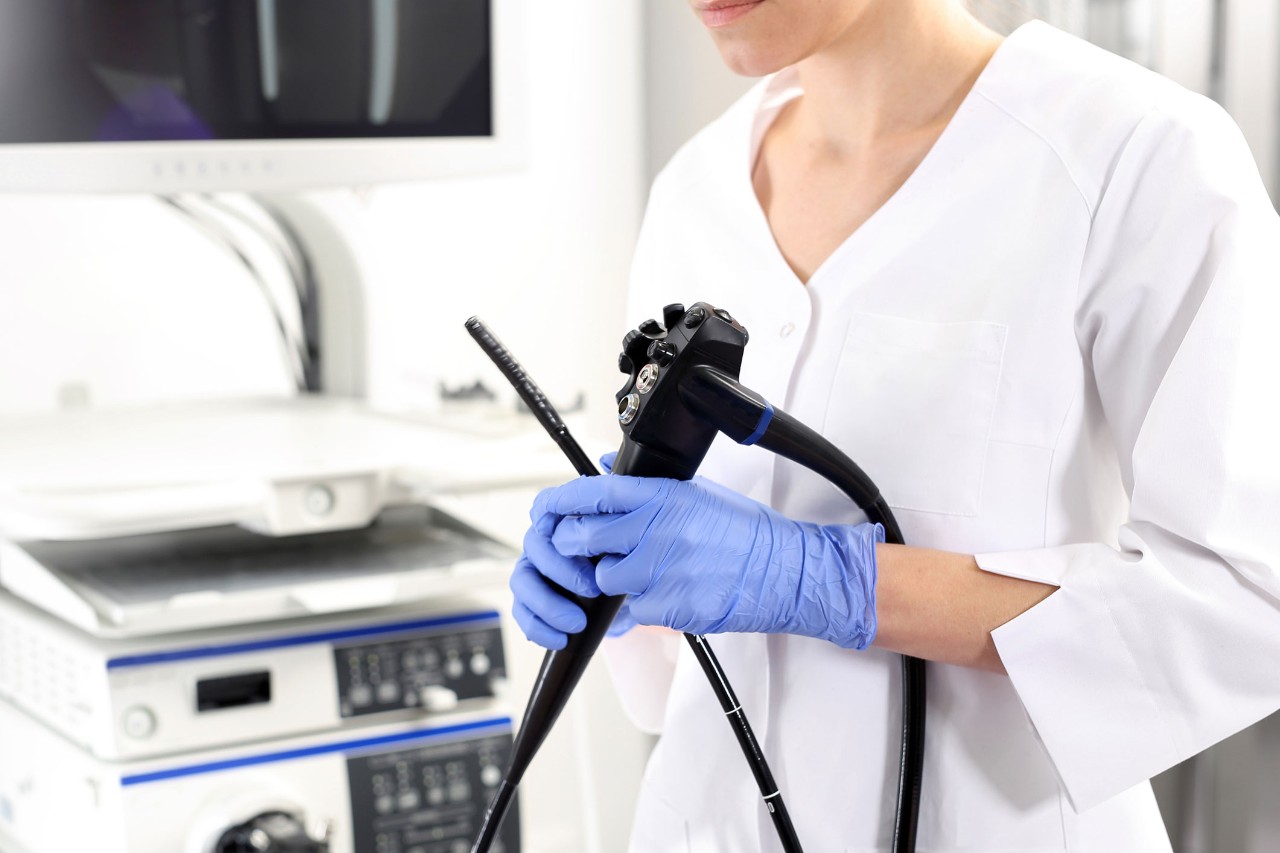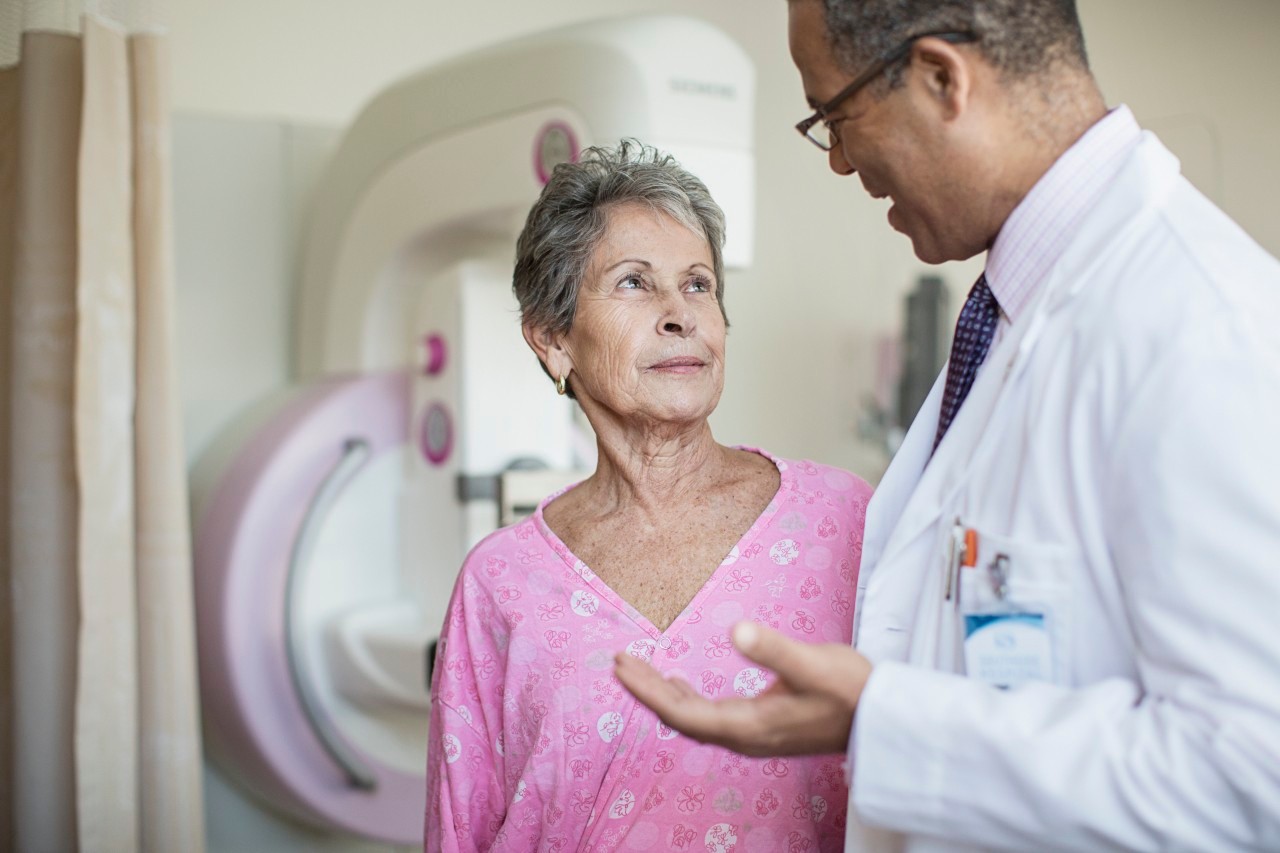
How Colon Cancer Starts
Colon cancer starts in polyps. You may be more likely to develop polyps than other people, especially if you have a family history of polyps or colon cancer.

If cancer runs in your family, be especially careful not to over-imbibe.

What is a colonoscopy? This procedure detects early signs of colon, or colorectal, cancer that make your chances of recovery and survival more likely.

Nearly 50,000 people died from some form of colon cancer last year; tens of thousands of people could be putting themselves at risk by failing to be screened.

Frightened, confused patients cope better when they have the right information about their cancer and treatment options.

Though colon cancer can develop at any age, your medical history, lifestyle choices, and family history all affect your risk factors for colon cancer.

There are various treatment choices for colon cancer. Which may work best for you? Your treatment depends on the type, size, location, and stage of your cancer.

During colorectal surgery, often a colectomy, parts of the colon or rectum are surgically removed (sometimes the entire rectum). Here’s what you should know.

Always follow the instructions you get from your healthcare providers, and contact them with any questions once you go home after surgery for colon cancer.

During an ileostomy, healthcare providers either remove or disconnect your colon (large intestine) and sometimes part of the last section of your ileum.

While they can be lifesaving — overuse of antibiotics may cause health problem, including possibly increasing the risk for precancerous colon polyps in the colon.